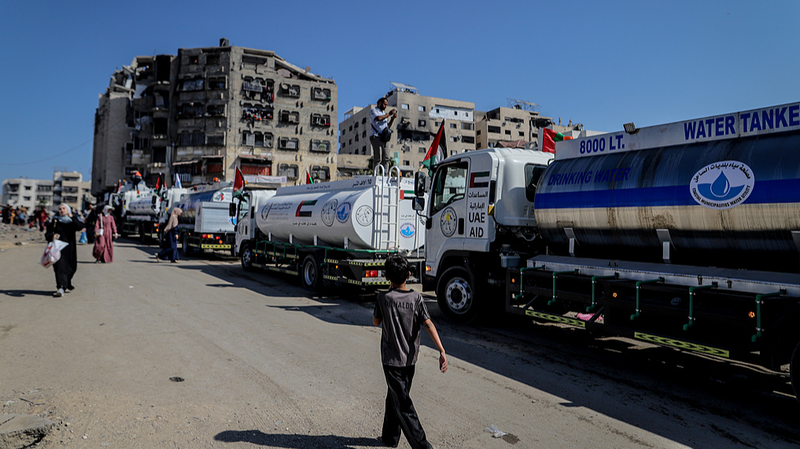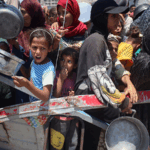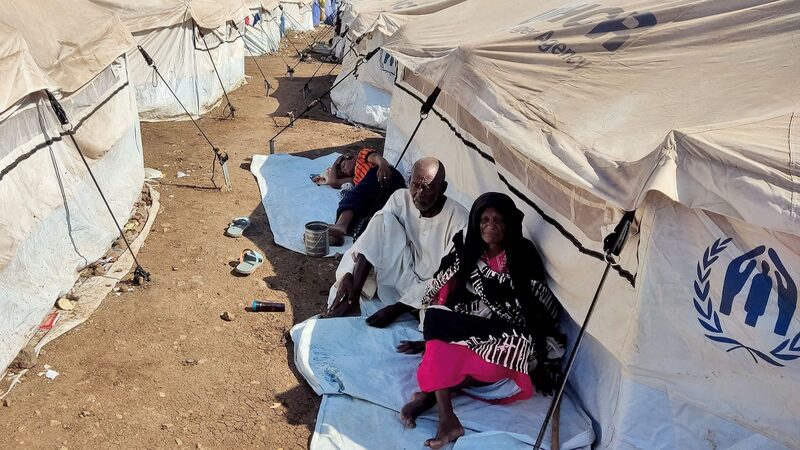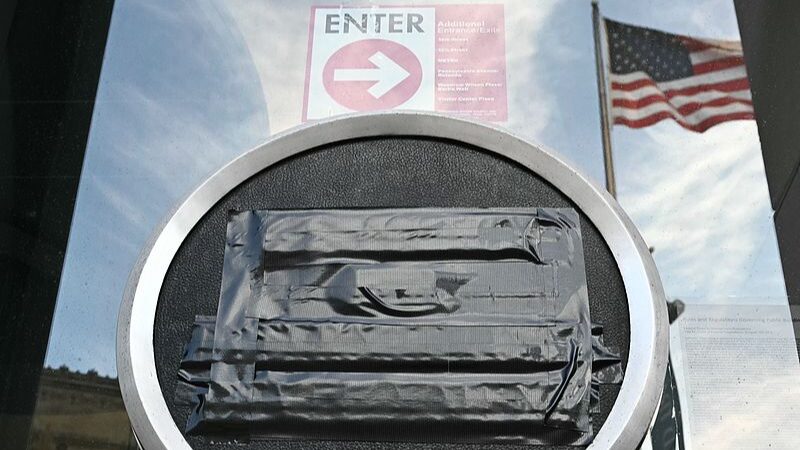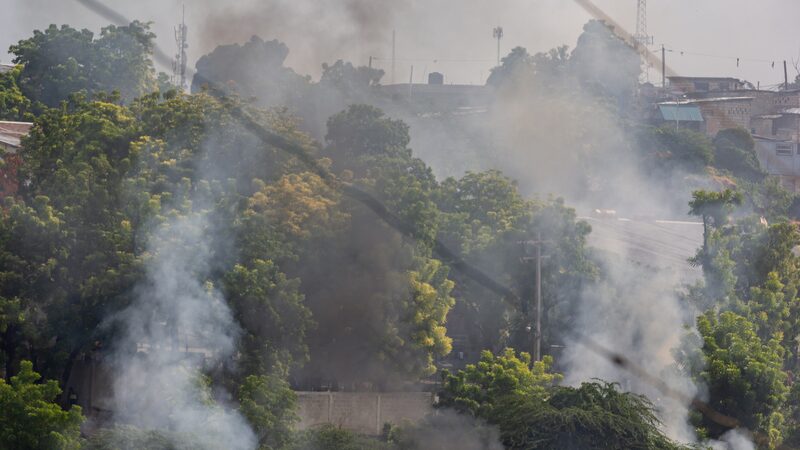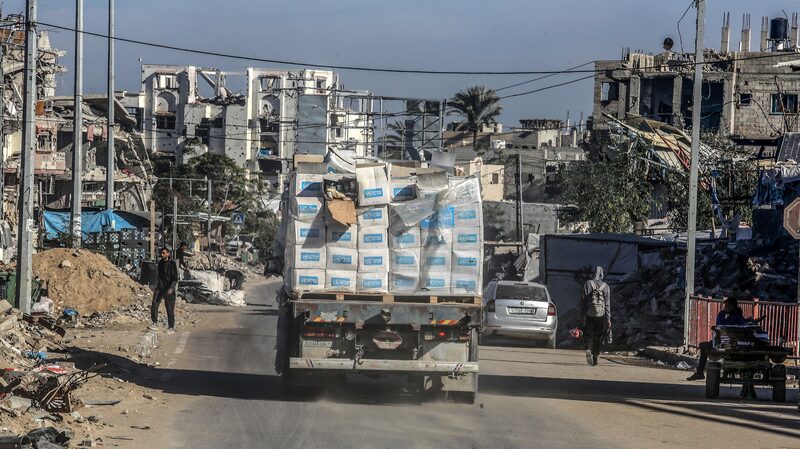The United Nations has coordinated the delivery of over 24,000 metric tonnes of humanitarian aid to Gaza since a ceasefire took effect on October 10, marking a critical step in addressing the region's urgent needs. The supplies, including food, medicine, and shelter materials, have reached vulnerable populations through resumed distribution networks, according to UN spokesperson Stéphane Dujarric.
Improved Security for Aid
Dujarric highlighted a dramatic decline in intercepted or looted aid, dropping from 80% to 5% since the ceasefire began. The UN Office for the Coordination of Humanitarian Affairs (OCHA) attributes this progress to increased cooperation and calls for further opening of crossing points to sustain relief efforts.
Health and Education Challenges Persist
Despite the influx of medical supplies, Gaza's health system remains strained, with over 1,700 healthcare workers reported killed since the conflict began. Meanwhile, humanitarian groups are rehabilitating classrooms and restoring education for 630,000 children who have lost years of schooling.
Ongoing Risks
OCHA reiterated concerns over Israeli airstrikes impacting civilian safety and urged adherence to international humanitarian law. The World Health Organization has delivered 840+ pallets of critical medical aid, including cholera kits and surgical supplies, but long-term recovery remains uncertain.
Reference(s):
cgtn.com
